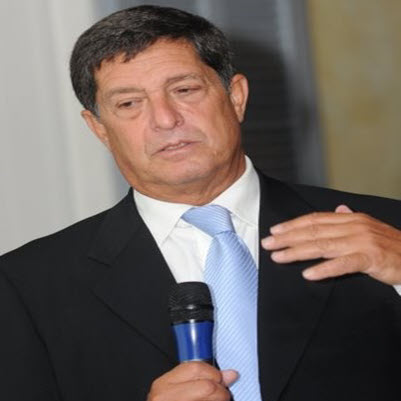Predicting the Success of Psychological Warfare (Part 2): Testing the Model in Two Case Studies

Abstract:
The previous study (See Part 1), attempted to identify the conditions for the success or failure of psychological warfare, based on a systematic scan of the literature and sources in the fields of military history, strategy, psychology, and communication science. This scan resulted in eight predictors, ranging from the need for military victories to the targeted use of violence, from control of the information space to credibility. In the second part of this study, to illustrate the implementation of these conditions in a real military operation, the eight conditions are used to assess the performance of Russian online psychological operations against Ukraine and the Hamas online psychological campaign against Israel. The eight conditions model provides a good explanation of the differences in these two campaigns’ effectiveness.
AUTHORS

School of Government, Reichman University
and Department of Communication, University of Haifa,
Israel
Dr. Gabriel Weimann is a Full Professor of Communication (Emeritus) at the Department of Communication at Haifa University, a Full Professor at Reichman University, Israel, and a Visiting Professor at Georgetown University, U.S. His research interests include the study of political campaigns, persuasion and influence, modern terrorism and the mass media, online terrorism, and cyber terrorism. He published nine books including The Theater of Terror (New York: Longman, 1994); Terror in the Internet: The New Arena, the New Challenges (Washington, D.C.: USIP Press, 2006), Freedom and Terror (London: Routledge, 2011); and Terrorism in Cyberspace (New York: Columbia University Press, 2015). His 250 papers and research reports have been published in leading scientific journals and he received numerous grants and awards from international foundations, including the Fulbright Foundation, the U.S. National Institute of Justice (NIJ), the Canada-Israel Foundation, the Alexander von Humboldt Stiftung, the German National Research Foundation (DFG), The U.S. Education Foundation, the Organization for Security and Co-operation in Europe, the Sasakawa Foundation, the United States Institute for Peace (USIP), The Woodrow Wilson Center, the Australian Research Council (ARC), and others. Weimann was a Visiting Professor at various universities, including the University of Pennsylvania, Stanford University, the University of Maryland, American University (DC), Georgetown University, Hofstra University, Lehigh University (in the U.S.), University of Mainz, and University of Munich (in Germany), Carleton University (in Canada), NYU branch in Shanghai, China, and the National University of Singapore (NUS).
Published In
Journal of Information Warfare
The definitive publication for the best and latest research and analysis on information warfare, information operations, and cyber crime. Available in traditional hard copy or online.
Quick Links
Archive

